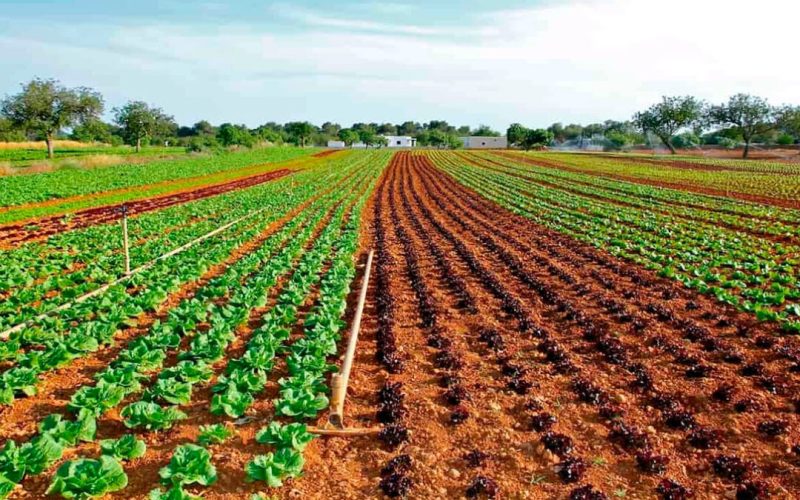The recent report, ‘EU Agricultural Outlook (2024-2035)’, published by the European Union Publications Office, emphasizes the need to adapt production systems and adopt more sustainable practices to ensure the stability of the agricultural sector, particularly in the case of fruits and vegetables.
Agricultural Production Growth Slows
The overall agricultural production in the EU is expected to grow at a slower pace compared to previous years. This is attributed to a general slowdown in productivity growth across EU countries, driven by an increased frequency and severity of extreme weather events due to climate change, difficulties in accessing investment funding, potential labor shortages, and stringent environmental and climate regulatory requirements.
To some extent, the current challenges in agricultural production systems are being offset by the introduction of more sustainable farming practices and other innovative solutions. These developments are expected to enhance the resilience of EU food systems and create new opportunities for European farmers.
Fruits and Vegetables
Despite changes in consumption patterns, the total production of apples in the EU is projected to remain stable at 11.4 million tons (7.4 million tons for fresh consumption and 4 million tons for processing), thanks to yield improvements and the introduction of more efficient varieties.
However, other crops face significant challenges. Fresh tomato production is expected to decline due to reduced winter production and a shift towards smaller-sized varieties with higher added value. For peaches and nectarines, production is projected to decrease further, driven by a continued reduction in cultivated area.
On the other hand, tomatoes intended for processing present a positive outlook, with projected growth reaching 11.6 million tons by 2035. This increase is driven by rising demand for products such as purées, sauces, and organic options.

Shifting Consumption Patterns
Consumption patterns in the EU are changing in response to economic and health crises (e.g., COVID-19 and the war in Ukraine). Consumers are looking for ways to spend less on food, opting for cheaper or discounted products while maintaining high standards of quality and food safety.
Over recent decades, European consumers have increasingly prioritized healthier and more sustainable diets, driving a gradual shift towards the consumption of plant-based foods. While this transition is progressing more slowly in some EU countries, fruits and vegetables play a pivotal role in these new preferences.
For instance, per capita consumption of fresh apples is expected to grow by 0.4% annually, while oranges are projected to see a 0.3% annual increase in consumption through 2035.
In contrast, the consumption of processed fruits, such as juices, continues to decline due to growing awareness of reducing sugar intake in diets.
This shift in habits represents both a challenge and an opportunity for producers, who must adapt to the demand for fresh, innovative, and high-quality products.
Sustainability: A Key Priority
Climate change remains one of the most significant challenges for European agriculture. Extreme weather events, such as droughts and heavy rains, are expected to impact crop yields. In this context, sustainable practices are essential to ensure the resilience of the sector.
The adoption of cover crops, buffer strips, and soil management techniques has helped reduce erosion by 7% and increase carbon sequestration in soils. These measures also contribute to protecting natural resources and improving soil health.

Fertilizer use has decreased by 6.7% over the past decade, reflecting a shift toward more efficient nutrient management. However, the report highlights that there is still room to expand these practices across the region.
A Future Driven by Innovation
The future of European agriculture will heavily rely on innovation. Advanced technologies, such as precision farming, digitalization, and genetic improvement, will be essential to address the challenges posed by climate change and the growing demand for healthy food.
Additionally, the report underscores the importance of promoting sustainable practices and supporting farmers in transitioning to more resilient production systems.
RELATED NEWS: Reshaping the sector using regenerative agriculture
As consumers increasingly seek fresh, high-quality foods, the fruit and vegetable sector has a unique opportunity to lead this transformation, reinforcing its role as a cornerstone of European agriculture.


















